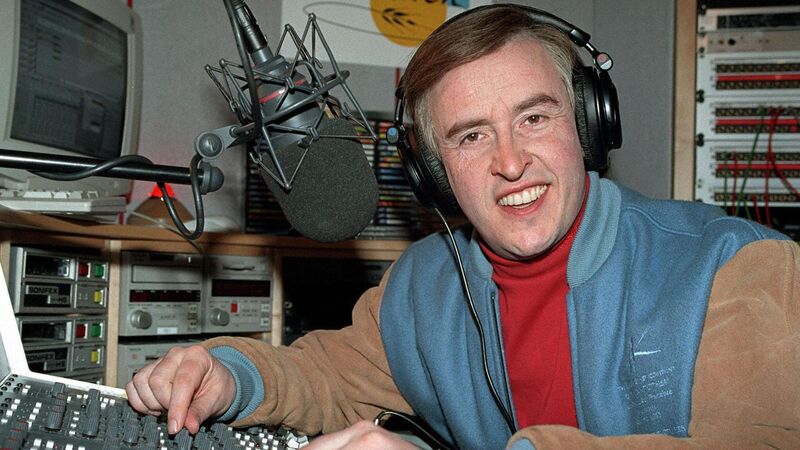Sarah Harte: Bragging used to be a faux pas — these days it seems to be a necessity

Alan Partridge, Steve Coogan's infamously self-important radio DJc character. Picture: Brian Ritchie/BBC
Donald Trump boasted over the weekend that he had his highest numbers ever, even as some surveys show his approval ratings at a record second-term low.
Trump has legitimised puffery as an art form and made it the governing philosophy of the United States. The shift, however, preceded him. We live in an age of braggadocio. And this tendency to brag and bullshit has damaged credibility and truth.












